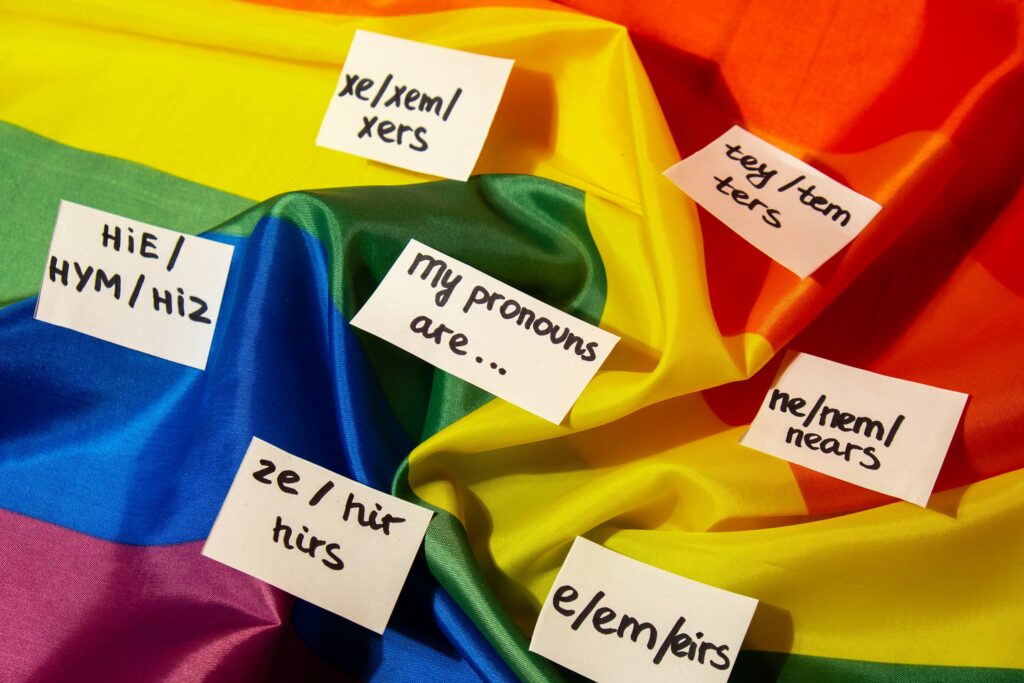Gender Ideology
CNN publishes guide on “neo-pronouns” and “nounself”
I regret to inform you that CNN is at it again.
As trust in the press continues to plummet, the mainstream media seems determined to highlight why by publishing articles such as this handy guide on August 12: “A guide to neopronouns, from ae to ze.”
As the title indicates, this is not a news story so much as another example of a media corporation carrying water for the LGBT movement. The purpose of this article is to mainstream the idea of recently invented pronouns; to backfill trans activist claims; and to persuade readers that opposing the LGBT agenda is unreasonable and ahistorical. Much of the article is simply regurgitated Human Rights Campaign talking points, cut-and-pasted from its website.
“Neopronouns,” according to CNN, are “new pronouns” that include “gender-neutral or nonbinary pronouns that are distinct from the common she, he and they. Neopronouns include terms like ‘xe’ and ‘em,’ and some of them even date back several centuries when they were introduced by writers as a solution for referring to subjects without assuming gender. Now, they’re also commonly used by nonbinary and trans people.”
“Commonly used” is doing a lot of heavy lifting in that sentence — most people have never heard of these pronouns; would not know how to use them in conversation; and certainly couldn’t conjugate them properly. That’s because contrary to what CNN and the LGBT movement claim, these words are not part of the natural evolution of language but a top-down ideological imposition. In colloquial terms, LGBT activists are trying to make these pronouns a “thing.” I’d like to see them try to do that on a construction site or in any other blue-collar workplace.
But CNN’s message is clear. The article includes an interview with “one of the foremost experts on neopronouns,” Dennis Baron, who lets us know that neopronouns are important: “People like to have a say in how they’re identified. Refusing to let people self-identify is a way of excluding them.” To assist us on this mission, CNN provides a list from the Human Rights Campaign.
xe/xyr (commonly pronounced zee/zeer)
I asked xyr to come to the movies. Xe said yes!
ze/zir or ze/hir (commonly pronounced zee/zeer or zee/heer)
The teacher graded zir paper today, and ze got an A!
Ze said hirself that I’m hir favorite neighbor.
fae/faer (commonly pronounced fay/fair)
Fae told me that faer best friend is in town this week.
ey/em/eir (commonly pronounced aye/em/air)
I’m taking em to the park today. Ey wants to bring eir camera to capture the garden for emself!
ae/aer (commonly pronounced aye/air)
Ae is my best friend — most of aer’s weekday evenings are spent at my house.
Even this extensive guide, by the way, is useless. CNN added a note: “Some of these pronouns may be pronounced differently based on their user.” That makes sense. We now have an infinite number of possible identities to choose, a growing number of genders — and the same applies to pronouns. Indeed, the Human Rights Campaign explained that because neopronouns are “a reflection of someone’s personal identity,” the “number and types of neopronouns a person may use are limitless.”
Baron claims that the first “pronoun debates revolve around the non-inclusivity of using ‘he’ as a generic pronoun (as in the Bible: ‘He that is without sin among you, let him be the first to cast a stone.’).” He goes to great lengths to claim that our current debates are actually just a matter of ignorant people ignoring history.
READ THE REST OF THIS COLUMN HERE








